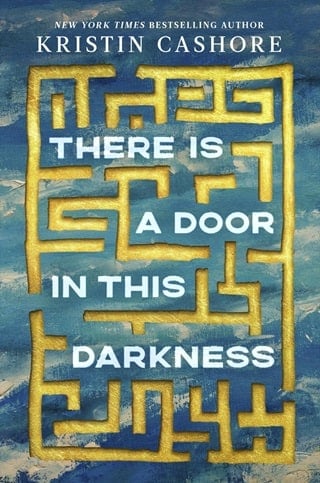2020
Frankie used to make the world shine, or at least that's how Wilhelmina Hart remembered it.
Frankie, Esther, and Aunt Margaret—the aunts, as Wilhelmina's father called them—lived together in the country. Aunt Margaret was her father's actual aunt and Frankie and Esther were Margaret's companions. Wilhelmina used to spend her summers with them. Wilhelmina would wake in her attic room, patter down the stairs to the smell of coffee or French toast. Step out into the yard with the grass cool on her feet, join Frankie in her garden. Wilhelmina's memories of those summers were golden; the sun always infused them with a wash of warm light.
Most days, Aunt Margaret and Esther went to work and Wilhelmina stayed home with Frankie. Frankie grew things, digging into the cold earth with strong hands, humming and praying, guiding the magic that brought forth flowers, vegetables, and herbs. "Every year is full of endings and beginnings," she told Wilhelmina. In the giant, wild yard of that castle of a house, she taught Wilhelmina the difference between a maple and an oak tree; a sycamore and a beech; a blue spruce and a hemlock; an acorn that grew into a red oak versus one that grew into a white oak. At the end of every summer, when Wilhelmina returned to her life in the city, she forgot the lessons, but she never forgot the feeling of Frankie teaching her. Frankie would come back to her in dreams, small, tanned, and sunlit, kneeling in the dirt with her silver hair tangled and stuck against her damp neck. Teaching Wilhelmina the names of herbs in English, then sometimes in Italian; telling her which ones would soothe Wilhelmina's nerves, ease her joints, wake her up when she was sleepy.
Frankie had ovarian cancer. She had always had ovarian cancer, or anyway, "always" from the perspective of Wilhelmina, who was five, then seven, eleven, thirteen, fifteen. Frankie was one of those people who lived with cancer longer than her doctors could account for.
The aunts wanted Wilhelmina to come stay with them for more than a summer—for a whole year—when she was older, take a year to live with them, so that they could teach her all their best lessons and she could teach them her own. The aunts were like that, especially Frankie. They didn't think that just because Wilhelmina was young, she had nothing to teach. Wilhelmina looked ahead to that long, golden year. She liked that her life was a string of lights, one for every summer she'd spent with them, leading to a warm, kind sun she hadn't lived yet.
And so, when Frankie died, Wilhelmina wasn't expecting it. Why would she? For Wilhelmina, Frankie's cancer was something Frankie lived with. Like Esther's arthritis. Like her own mother's seasonal allergies. Not some bad magic that could actually suck away her life.
The dreams ended when Frankie died, and the lights went out. For one brief, horrible stretch, the sun itself seemed to have fallen into a void, Wilhelmina dragged in with it. It was cold in there, and Wilhelmina was alone. There was an inertia too: once in there, staying alone hurt less than reaching for her friends; keeping still hurt less than moving. It took Wilhelmina a long time to realize she would rather try to claw her way out.
It was around then, while Wilhelmina was just beginning to reach her hands up, that lights began to turn off all around the world.
 Fullepub
Fullepub 



